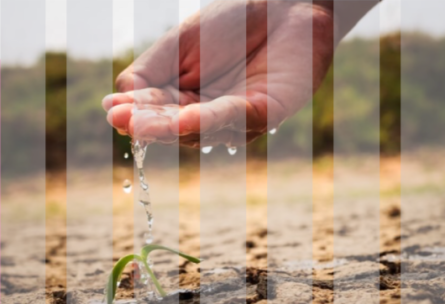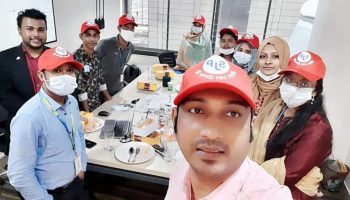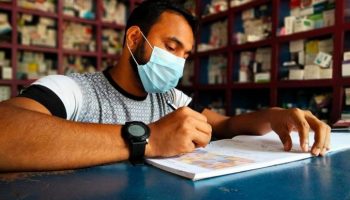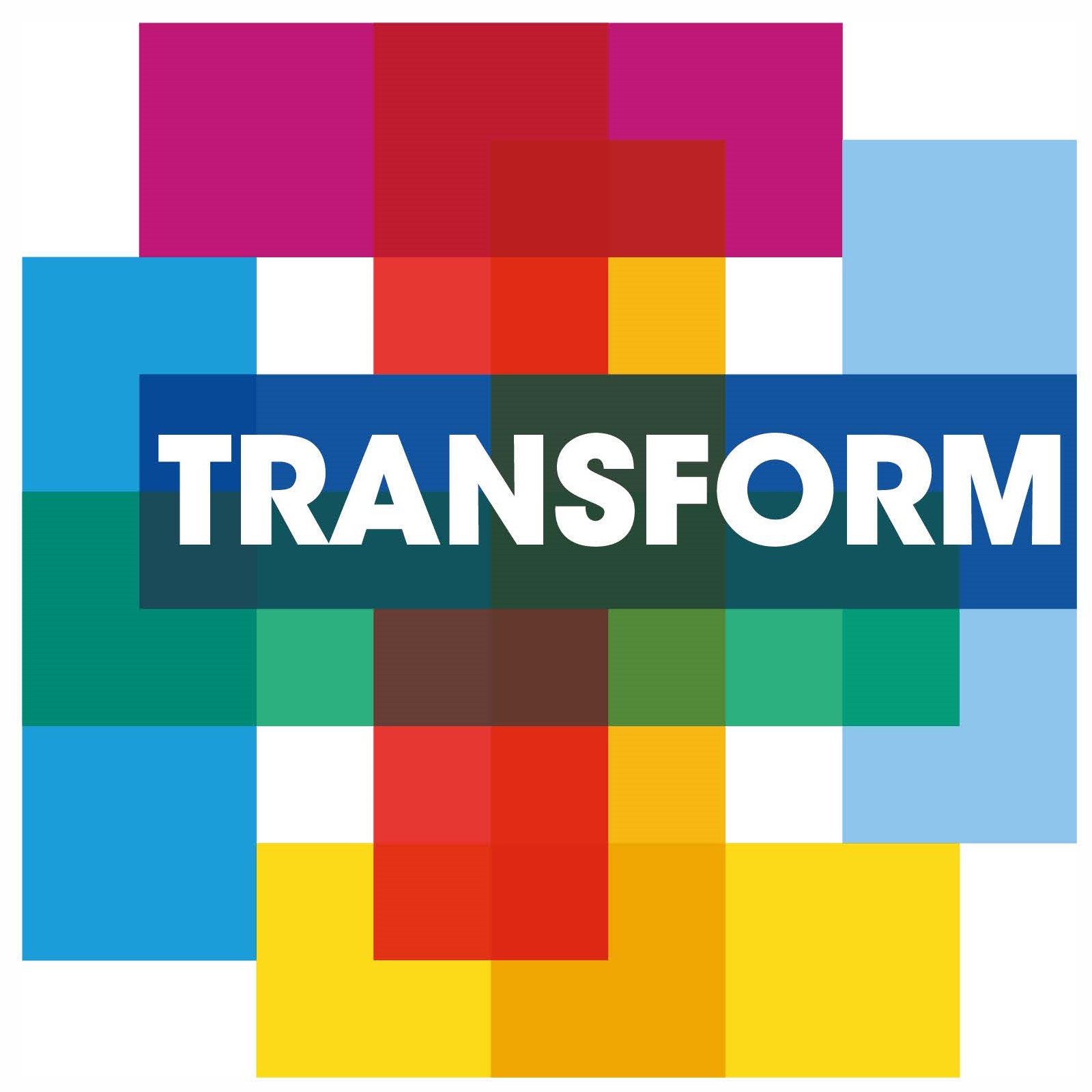The ripple effect of access to safe water: more than just health need
Published on: 27/10/2020
Globally, women and girls spend 200 million hours every day collecting water. In Africa, 90% of the water collecting work is done by women and girls.
August saw World Water Week come and go, and yet, one in three people globally still don’t have access to safe drinking water. For many, particularly in lower-income communities, clean drinking water is seen as a luxury. But how did this basic human necessity – as essential as the air that we breathe – become a precious commodity?
In some parts of the world, high-end water bars offer curated water tastings, expert water pairings and expansive ranges of mineral water from across the globe. In other areas, such as India, nearly 70% of drinking water is contaminated.
TRANSFORM believes that access to safe water is an essential foundation for good health, but beyond this, it also closes inequality gaps and drives economic and social inclusion, with far-reaching and long-term benefits.
Our approach to tackling the world’s water crisis, and to addressing SDG 6, engages the innovation and local know-how of impact enterprises. We aim to overcome this critical issue by utilising water as an enabler of economic inclusion, and empowering consumers to buy goods and engage in the market. Providing water in this way creates sustained impact at scale.
Globally, women and girls spend 200 million hours every day collecting water. In Africa, 90% of the water collecting work is done by women and girls.
Why the water crisis is a woman’s crisis
Globally, women and girls spend 200 million hours every day collecting water. In Africa, 90% of the water collecting work is done by women and girls. This burden takes away from time spent at work, socialising and caring for family members. Water collection locks women in rural communities into a repetitive cycle of poverty.
Research carried out in partnership with TRANSFORM enterprise SJP in Bangladesh found that women’s safety and security increases as a direct result of access to safe, drinkable water in their homes. It also frees them up from water collection, shifting some of those 200 million daily hours to engagement in the workforce – which ultimately leads to greater economic empowerment.
How clean water can change a child’s life:
- Every two minutes, a child dies from a water related disease. On top of this, millions of children around the world are responsible for collecting water for their families. This is time taken away from leisure, playing, and crucially – from education.
- Access to water and sanitation can change this. Through increased school attendance, they will enjoy increased social mobility, engagement in the workforce, and economic inclusion.
- We are proud to see TRANSFORM impact enterprises support children and schools through water-based innovation. HappyTap is widening its distribution of portable handwashing stations to include Vietnam, India, Cambodia, and recently the UK, enabling children and their caregivers to habitually wash their hands with soap and water. HappyTap’s desirable and simple-to-use product demonstrates how consumer-driven approaches can encourage behaviour change and save lives.
Every two minutes a child dies from water related diseases.

Benefiting the entire value chain
Not only does safe water benefit those who use it, it also benefits the broader value chain by unlocking economic and social opportunity – including for impact enterprises, corporates, donors, and governments. Taking a business-led approach, and using local impact enterprises to truly understand behaviours, mind-sets and development issues delivers sustainable revenue-generating impact within communities. And this economic activity has a ripple effect in rural communities.
This comes to life through TRANSFORM enterprise Folia, which produces Bangladesh’s first supermarket-shelf water purifier. The success of the filter shows that making critical water products easy to access – available in the same shop as snacks, soap and soda – can help communities to reap multiple benefits: better health, economic prosperity and water independence. This ripple effect can go as far as reaching the governments of low-income countries, as innovative impact enterprises can help to deliver, implement and sustain crucial water infrastructure – affording governments more time and money to focus on other pressing development areas.
-
 Insights
Insights
Related impact stories
- Providing safe water to urban slum communities

 ActiveSJP provides affordable sanitation and water facilities to underserved and low-income communities in Dhaka’s slums.Equipping pharmacies as COVID-19 first-responders
ActiveSJP provides affordable sanitation and water facilities to underserved and low-income communities in Dhaka’s slums.Equipping pharmacies as COVID-19 first-responders
 ActiveJeeon supported 15,000+ pharmacies with the knowledge, information and equipment needed to play their part in tackling COVID-19.
ActiveJeeon supported 15,000+ pharmacies with the knowledge, information and equipment needed to play their part in tackling COVID-19.Related resources
- EY Enterprise Resilience ToolRecommendedThis free tool provides a broad assessment to help you understand your enterprise’s resilience and more clearly prioritize your actions.
- Business continuity
- Digital tools
Building synergies frameworkThe Building Synergies Framework provides in-depth assessment on how Mobile Operators and Start-ups can partner for impact in emerging markets.- Collaboration & Partnerships
- Digital Transformation
- Strategic Support
Mastercard StartPath programmeMastercard’s Start Path is an award-winning program that enables later-stage tech startups to scale through a powerful global network, innovative technology and deep expertise to help them grow their businesses and scale sustainably.- Collaboration & Partnerships
- Finance & Getting Investor Ready
- General Business Support
- Leadership & Coaching
- Skills Development
- Strategic Support


